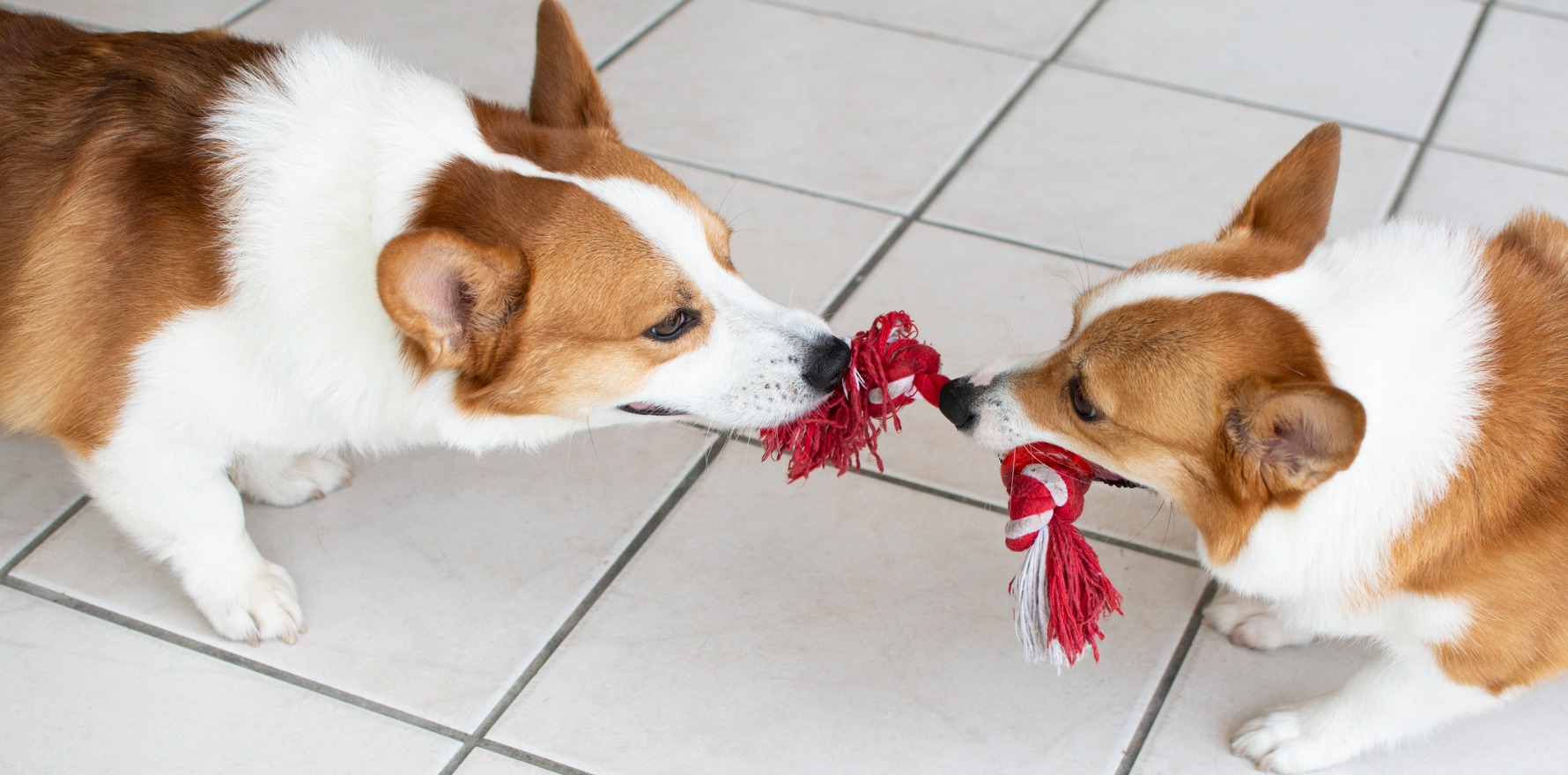Based on a promise of productivity gains, GPs are bucking their reputation as slow technology adopters and moving quickly to use AI in consults.
Based on the pattern of growth in AI scribe use in the last four months, we may be at the beginning of the biggest technology pivot in how GPs conduct consults since the government paid every GP $3000 to buy a computer in the early 90s.
An exclusive survey of nearly 1000 GPs run for The Medical Republic by Healthed this week has found that the proportion of GPs who use AI scribes regularly in their consults has risen from just under 3% in late May to 8.24% today.
At least 11% of GPs have installed or tried an AI scribe product, according to the survey.
Of the 8.24% of regular users, at least 20% are using the technology more than twice per day, another 10% at least a few times per week. Over 80% of them gain verbal consent to use the technology at the beginning of each consult (the rest use a digitally signed off consent mechanism).
Given the amount of commentary around how cautious doctors need to be with the adoption of generative AI products and GPs’ conservative reputation when it comes to new technology, the rapid adoption rate so far suggests that GPs see a lot of immediate productivity gains and are starting to trust what the vendors are saying about the relative safety of scribes.
The survey revealed the two dominant vendors being used by GPs as Lyrebird, which is now integrated into the Best Practice Software GP patient management product (which has a market share somewhere north of 65% in GP patient management software), and stand-alone cloud-based Heidi.
Despite having significantly different paths to market, both have virtually equal share of about 95% of the GP AI scribe market, according to the survey.
Less than 1% each went to Consultnote.ai, mAIscribe, I-scribe, Nuance and other products.
Lyrebird was founded in early 2023 after being conceived and designed in a two-week hackathon by university mates Kai Van Lieshout and Linus Talacko.
But in February this year, the group partnered with market-leading GP practice management software group BP Software to integrate the product into the core BP product and work with BP developers to expedite product development.
With such a dominant share of the desktops of GPs around the country and with access to a long history of medical software IP through BP Software and BP Software’s close association with groups like data and analytics group Cubiko and cloud API and FHIR-based middleware group Halo Connect, Lyrebird was destined to take off quickly, if GPs accepted the premise of the productivity gains on offer from the technology and promises around of security and safety.
Related
Lyrebird claims the product can save two to three hours of clinician time per day, has 98% accuracy in notes and documentation generation and will return over 10 times the product investment (over what time is not specified). The group claims that because all the data generated for each practice is held separately on secure servers locally, the product is not subject to some of the well publicised whims of generative AI such as hallucination.
Heidi isn’t integrated with either of the major GP products at this stage – it has integrated so far with cloud-based PMS vendor MediRecords, but founder Dr Thomas Kelly believes it will be available in the major PMSs in the not-too-distant future – but its freemium model has quickly established the product a significant footprint, not just with GPs but across a broad spectrum of healthcare providers, including psychologists and psychiatrists, dentists, vets, and other allied health providers who rely heavily on note taking, and more recently, some hospital departments.
While Lyrebird has a highly strategic partner in BP Software, Heidi has raised $15m so far in VC funding, and its footprint is global, with more than 60% of its users now offshore, mainly in the US and the UK.
Both vendors believe that AI scribing is the tip of the iceberg in terms of the ultimate productivity potential of the technology for doctors.
Dr Kelly says that while AI scribing is a great productivity feature it’s a pretty simple baseline for the type of functionality that their product will eventually be providing a doctor. One reason he’s been happy to offer the base product for free, he explains, is that he thinks that things are moving so quickly the AI scribing part of the functionality will be fairly quickly commoditised.
Chief product officer with Bp Danielle Bancroft agrees AI scribing is just the start and the base functions now being offered will become commoditised quickly. She predicts that on top of the scribing functionality now available in the system, their Lyrebird AI integration will soon be driving significant efficiency gains for clients in areas such as complex billing and disbursement, front of office admin and bookings.
“If my patients can ring up and get an intelligent automated process that takes them through the triage, books the appointment and does all of the confirmations, and I don’t have to have add a resource do all that, there’s huge efficiencies where you can re-deploy those administrative people elsewhere, right?” Bancroft tells TMR.
“There’s some really great touch points into the practice management side [to come] and then there’s always the age-old argument of clinical decision support, which we’ve had for years,” she says.
Bancroft believes that although the right governance and regulatory framework AI should eventually be contributing everyday to productivity through some form of clinical decision support.
The decision by BP Software to partner with Lyrebird in the integration of AI represents a major shift in strategy from the long-term PMS vendor which has traditionally focused its product development efforts around the core functionality of its PMS billing and EHR system.
Bancroft sees the potential of AI to improve how GPs work as being a core product focus for the group moving forward.
Nine hundred and fifty-seven GPs answered the Healthed survey on Tuesday night after its clinical webinar. It follows a similar survey done by the group in late May.





